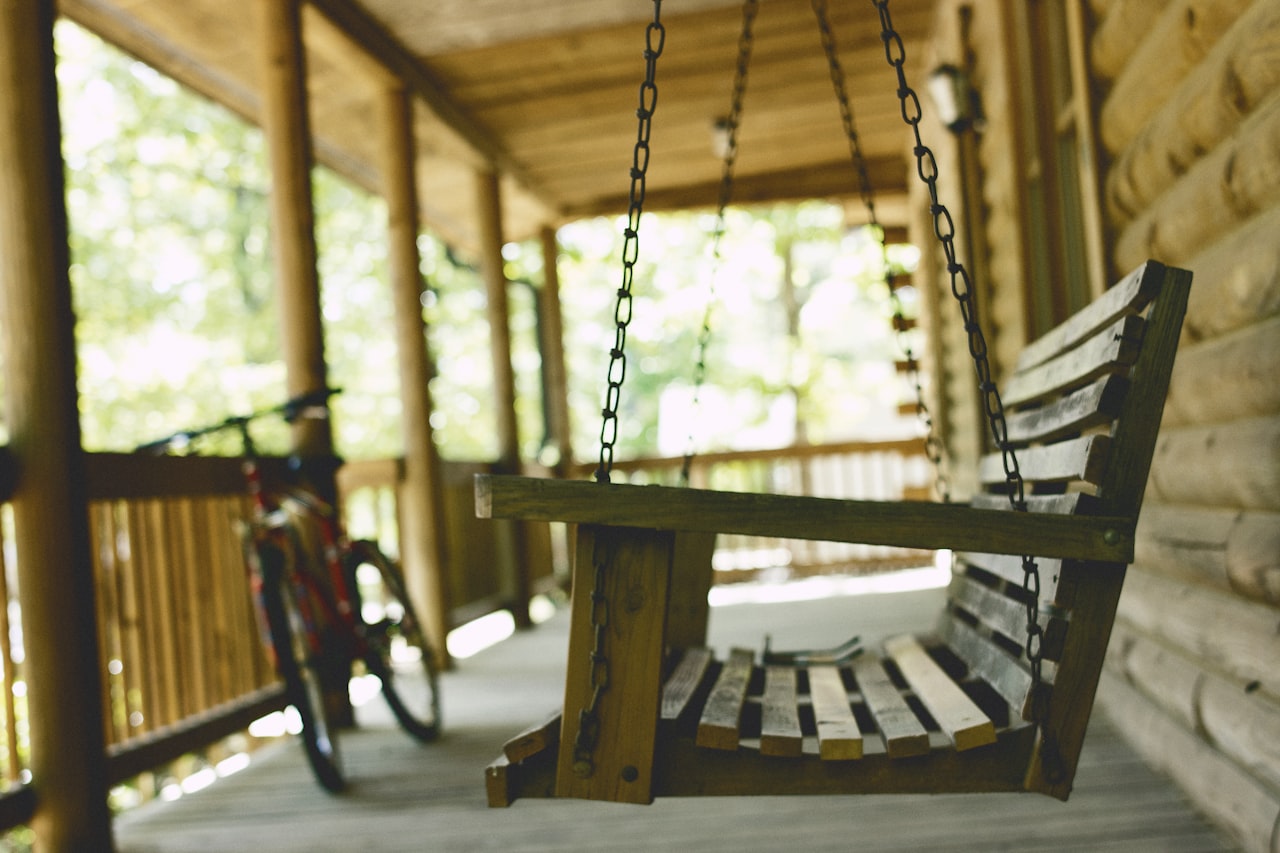Spring is calling and the flowers are in bloom. It’s the time of the year that many homeowners start spending more time in the garden. Having a healthy garden is one of the best ways to create a sustainable home and reduce your household’s carbon footprint. Here are some eco-friendly tips that will help to make your garden even more sustainable.
10 Tips for Sustainable Gardening
1. Compost Your Waste
Composting, which puts your natural waste to good use, is the cornerstone of any sustainable garden. All grass clippings, dead leaves, plants, flowers, and the like are rich in nutrients. By composting, you provide your garden with a natural fertilizer, free of contaminants. Not only will this provide nourishment, but it will also help to produce healthier and tastier food.
2. Mulching
If having a sustainable garden is your goal, it’s important to treat your soil with care. Mulching enriches the soil and ensures it’s as healthy as can be. Mulch conserves the moisture in your soil, ensuring it won’t dry out. It also reduces weed growth and naturally moderates the temperature of the soil. Mulching can cover either bare soil or freshly planted food and flowers.
3. Garden Design
It’s natural to want to accentuate the beauty of your garden when designing it, but the sustainable gardener will prioritize giving plants what they need. Take into consideration which plants need direct access to sunlight, which need the most space in the garden, and any special requirements a plant may need to inhabit optimal growing conditions.
4. Use Natural Weed Killers
One of the pillars of organic gardening is to reduce the use of chemicals whenever and wherever possible. Homemade recipes involving vinegar and corn gluten meal are effective substitutes for harmful, chemical-based weed killers. Whichever method you choose, it’s important to weed by hand often.
5. Use Water Efficiently
Substantial watering is critical to keeping your garden healthy, but overwatering is a common practice and leads to an unsustainable garden. Research the amount of water your plants and flowers need to make sure you aren’t overwatering. If you live in a rainy climate, rain barrels are a useful tool as their function is to catch and conserve the water from your downspouts.
6. Animal Manure
For a more sustainable garden and even healthier soil, consider adding animal manure. Chicken, sheep, and cow manure are all popular choices. Rich in nutrients, it can be used both as a fertilizer and as a soil conditioner. Make sure the manure you purchase is free of pathogens and ask about the recommended window of time from application to harvest before you begin using it.
7. Go Local
Planting natively is a fast ticket to sustainable gardening. Native plants are innately acclimated to local climate conditions, making them easier to grow and maintain. Native plants often require less water to grow due to their familiarity with the soil and rainfall in your region, which cuts down on your garden’s total water intake.
8. Collect Dried Seeds
Believe it or not, you can save your seeds and sow them next year. Wait until the seed is fully ripe before you collect it. It’s important to gather seeds when the weather is dry and to store them in a dry place. To produce healthy plants in the future, the seed must be completely dry.
9. Control Garden Slugs
Slugs are known to wreak havoc on gardens, eating through leaves and fruit, leaving a trail of destruction. There are many ways of controlling slugs in your gardens, but some may do more harm than good. If you choose to use slug bait, go organic. Many slug baits contain chemicals that are highly toxic to other animals.
10. Replace Your Gas Mower
How else can you reduce your garden’s carbon footprint? Replace your gas mower with a more sustainable alternative. Electric mowers and push mowers are functional and more eco-friendly replacements. For added sustainability, consider replacing your other gas-powered equipment, such as trimmers and leaf blowers.
SOURCE: Windermere Blog




































































































